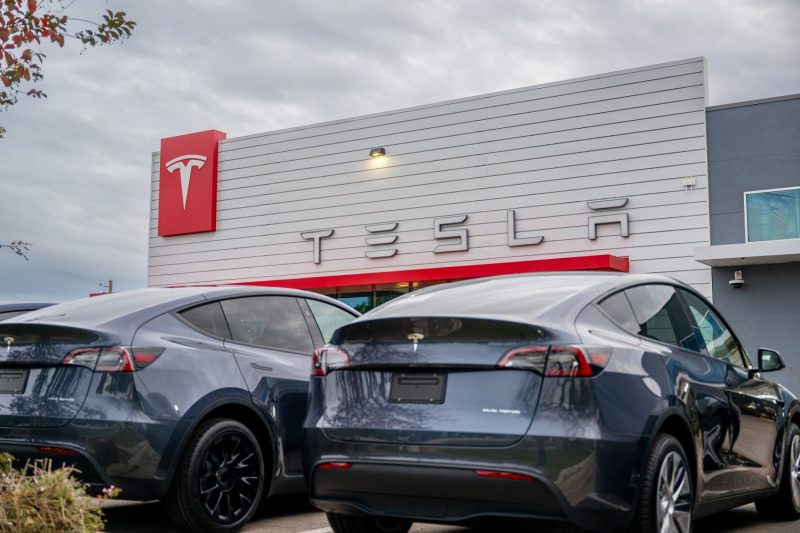In a surprising turn of events, the European Union has decided to reduce the planned tariffs on China-made Tesla Electric Vehicles (EVs) and other products from Chinese firms. This decision marks a significant shift in the trade relations between the EU and China, and it has raised several questions and controversies in the global trade arena.
The initial imposition of tariffs on Chinese products was aimed at protecting European industries and fostering fair competition in the market. However, the decision to slash the tariffs on Tesla EVs and other Chinese goods suggests a different approach by the European Union. This move could be seen as a strategic decision to strengthen economic ties with China and capitalize on the growing demand for electric vehicles in the region.
The reduction in tariffs on China-made Tesla EVs is expected to have a positive impact on the European market for electric vehicles. As Tesla is a leading player in the EV industry, lowering the barriers to importing its vehicles from China can help boost sales and encourage the transition towards sustainable transportation in Europe. This, in turn, could contribute to the EU’s efforts to reduce carbon emissions and combat climate change.
Additionally, the decision to slash tariffs on Chinese products could lead to increased competition in the European market. By making Chinese goods more affordable and accessible, European consumers will have a wider range of options to choose from, which could drive innovation and improve the quality of products available in the market.
However, this decision has sparked criticism from some quarters, especially those concerned about the impact on European industries. The reduction in tariffs could potentially pose a threat to local manufacturers and businesses that may struggle to compete with the lower-priced Chinese products. This could lead to job losses and economic challenges for certain sectors within the EU.
Furthermore, there are concerns about the broader implications of reducing tariffs on Chinese goods. Critics argue that this move could compromise the EU’s stance on issues such as human rights and labor standards in China. By lowering trade barriers, the EU may be seen as prioritizing economic interests over ethical considerations, which could damage its credibility on the global stage.
In conclusion, the European Union’s decision to slash planned tariffs on China-made Tesla EVs and other products from Chinese firms has generated mixed reactions and raised questions about the future of trade relations between the EU and China. While this move could benefit consumers and promote innovation in the electric vehicle market, it also carries risks for local industries and could have broader implications for the EU’s stance on key issues. Only time will tell how this decision will shape the dynamics of trade between these two major global players.
